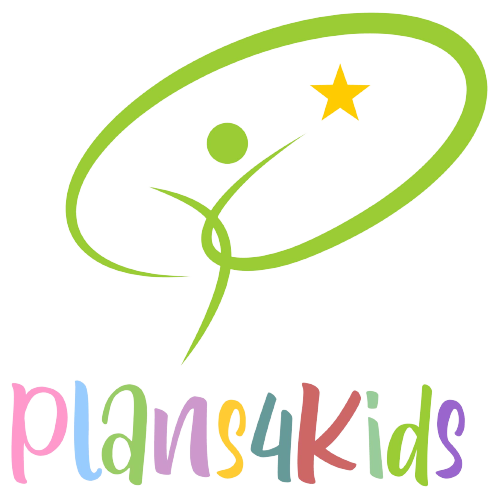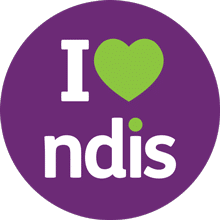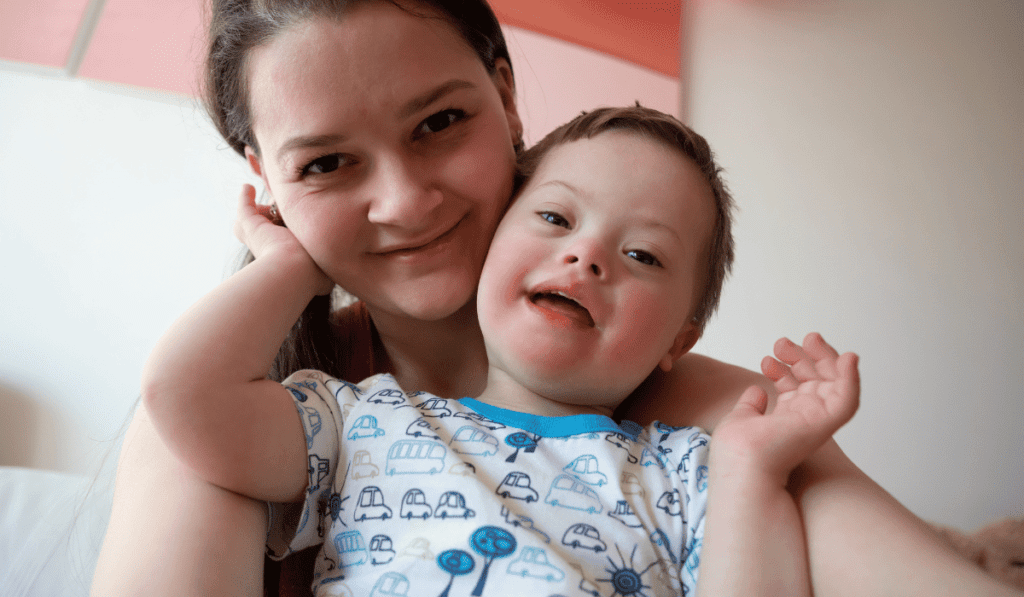If you have a child with a disability or developmental delay, the National Disability Insurance Scheme (NDIS) offers early childhood and early intervention services to support their growth and development. Learn about the benefits of these services and how to access NDIS Early Childhood and Early Intervention Services for your child in this informative guide.
Understanding NDIS Early Childhood and Early Intervention Support
The NDIS ECEI support is designed to ensure that young children with developmental delays or disabilities have access to early intervention services. Early intervention focuses on providing targeted support during the critical developmental years to maximize a child’s potential. The primary goal is to address areas of concern and promote the child’s overall development and well-being. NDIS ECEI support encompasses a range of services, including therapy, specialist support, equipment, and resources to assist children in achieving their developmental milestones.
Eligibility Criteria for NDIS ECEI Support
To access NDIS ECEI support, your child must meet specific eligibility criteria. Firstly, they need to be aged between 0 and 6 years. Secondly, they should exhibit developmental delays or disabilities that significantly impact their daily functioning. It’s important to note that the NDIS also considers the likelihood of the child’s disability being permanent or long-term when assessing eligibility. If your child does not meet the age criteria or has a disability expected to resolve before they turn 7, alternative support services may be available through other programs or early childhood services.
Referral Process for Early Childhood and Early Intervention Support
The first step to accessing NDIS ECEI support is to make a referral through an NDIS Early Childhood Partner in your area, click this link to find your closest partner: Offices and contacts in your area | NDIS. Referrals can be made by parents, guardians, health professionals, educators, or community members who have concerns about a child’s development.
Early childhood partners are local organisations that have been funded by the NDIS to deliver the Early Childhood approach. The Early Childhood Partner’s role is the first contact point for families with children under the age of 7. They will work with you to determine the most appropriate supports for your child to achieve benefits and outcomes tailored to your child’s individual needs and circumstances. Your Early Childhood Partner can provide support in a number of ways including provision of information, referral to mainstream or community services, short term early intervention supports and where required, assistance to access the NDIS.
Assessment and Planning
The Early Childhood Partner will work closely with the family to understand the child’s needs, strengths, and goals. They will initiate an assessment process. This typically involves gathering information about the child’s development, including medical reports, assessments from health professionals, and input from parents and educators. The assessment aims to provide a comprehensive picture of the child’s abilities and areas requiring support.
Based on the assessment, they will develop a plan in collaboration with the you. The plan outlines the support and services that the child may be eligible for under the NDIS. It will address the specific developmental goals and needs of the child, including therapies, early intervention programs, equipment, and additional supports such as respite care.
Plan Implementation and Review
Once the plan is ready, it is time for its implementation. The Early Childhood Partner will help connect the family with registered service providers who can deliver the recommended supports and services. These providers are experienced in working with children with disabilities and are familiar with the NDIS guidelines and processes. The services may include therapies like occupational therapy, speech therapy, or physiotherapy, as well as access to early intervention programs, playgroups, or specialized educational support.
It is important to regularly review the plan to ensure it continues to meet the child’s evolving needs. Either you or the Early Childhood partner can initiate the review. It’s a great opportunity to reassess goals, adjust support levels, and make any necessary changes to the plan. Regular communication with service providers, Early Childhood Partners, and the NDIS will help ensure that the child receives the most appropriate and effective support throughout their developmental journey.
What Happens When My Child Turns 7? NDIS Support for Kids Over 7
When your child reaches the age of 7, their eligibility for supports through ECEI will come to an end. However, if your child has a permanent disability, you might wish to transition them to the NDIS.
NDIS for kids over 7
For children over 7, the NDIS offers a range of tailored supports and services that address their specific needs and goals. These supports can encompass various areas, including education, health, social participation, and daily living skills. The NDIS recognises that each child is unique and requires an individualised approach, and thus, it works closely with families, carers, and service providers to develop personalized plans.
One of the primary objectives of the NDIS is to ensure children with disabilities can access appropriate education. Through the scheme, children can receive support in their mainstream or specialised schools, including assistive technology, modified curriculum, and aids for communication and mobility. Additionally, therapy services such as occupational therapy, speech therapy, and psychological services are available to help children overcome barriers to learning and development.
Social participation is another crucial aspect of the NDIS support for kids over 7. The scheme offers funding for recreational activities, sports programs, and community engagement initiatives, enabling children to connect with their peers, develop social skills, and foster a sense of belonging.
Furthermore, the NDIS recognizes the importance of assisting children with daily living activities. Support for personal care, such as dressing, grooming, and meal preparation, is available to ensure children can develop independence and enhance their quality of life.
Transitioning to NDIS
Step 1: Contact Your Health Professional or the National Disability Insurance Agency (NDIA)
To better understand the supports your child may need, you can consult with your GP, Paediatrician, or another Family Health Care Professional. They can provide valuable insights into your child’s requirements. Alternatively, you can reach out to the NDIA directly by calling 1800 800 110. They can provide you with the contact details of local early childhood partners or help arrange a meeting with your Local Area Coordinator (LCA). Additionally, you can directly connect with an Early Childhood Partner in your area.
Step 2: Schedule a Meeting with Your Early Childhood Partner
Arrange a meeting with your Early Childhood Partner, a complimentary service available to families. During this meeting, the Early Childhood Partner will inquire about your child and your family’s needs and goals. They will assess your child’s requirements and may offer the following assistance:
- Provide information on mainstream supports and services accessible to your child
- Connect you and your child with local supports, such as peer support groups, community health services, and playgroups
- Offer early intervention support
- Facilitate access to NDIS funding if your child requires long-term support
- Coordinate a combination of the options mentioned above
If your child requires a NDIS plan, your Early Childhood Partner can help you request NDIS access. They will collaborate with your family to develop a plan that aligns with your child’s goals if they become a NDIS participant. Once you receive your child’s NDIS plan, your early childhood partner will explain the plan and NDIS support budget. They will also guide you in finding and selecting providers for the NDIS plan.
Conclusion
Accessing NDIS Early Childhood and Early Intervention support can significantly impact the lives of children with developmental delays or disabilities. By understanding the NDIS ECEI program, meeting the eligibility criteria, following the referral process, and actively participating in the assessment, planning, and review stages, parents and guardians can navigate the system and access vital support services for their child’s holistic development and well-being. Remember, the NDIS is committed to empowering individuals and families to achieve their goals and aspirations, ensuring a brighter future for children with disabilities.
Should you need any assistance with your child’s plan management, please give us a call.





